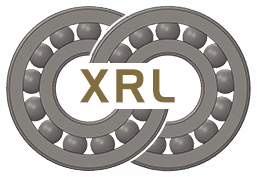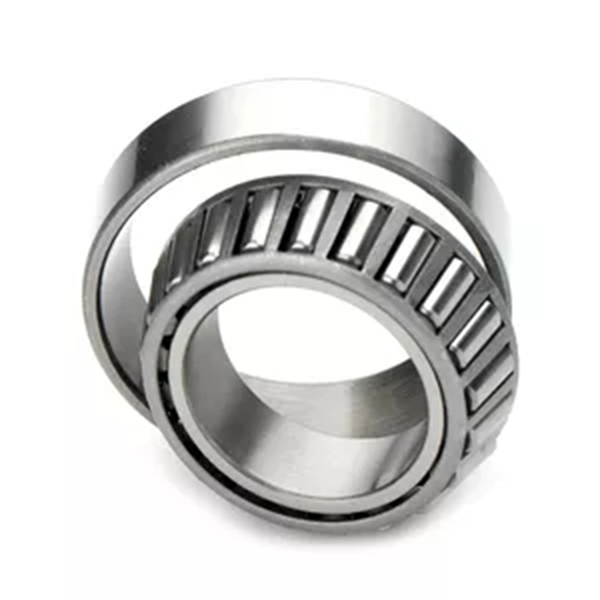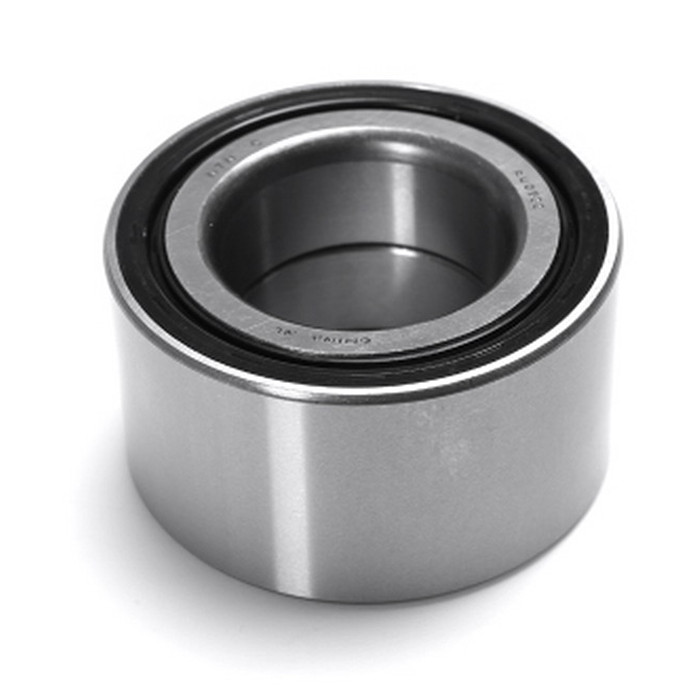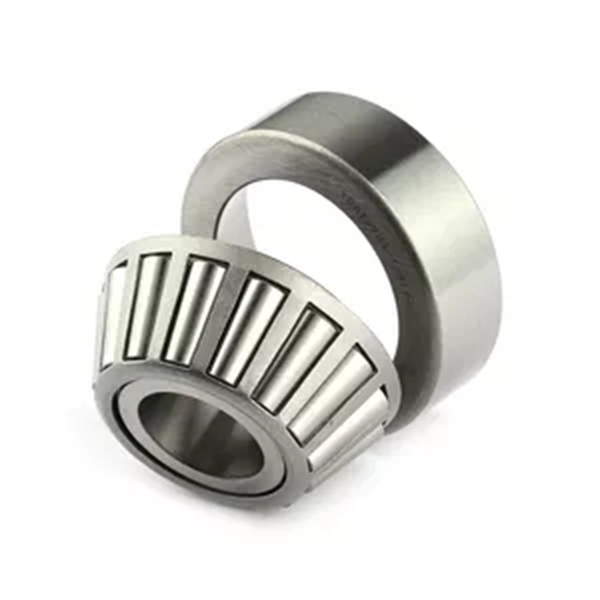The automotive industry is one of the largest and most demanding sectors for bearing technology. Bearings are integral components that ensure the smooth operation of various vehicle parts, from wheels and transmissions to engines and electric motors. Given the critical nature of vehicle performance, dependability in bearing design and manufacturing is paramount. In this article, we will explore how the auto bearing industry contributes to the overall dependability of vehicle components and highlight how Xinri Bearing leads the way in ensuring automotive bearing reliability.
The Role of Bearings in Vehicle Components
Bearings are essential for reducing friction between moving parts, absorbing loads, and enhancing the durability and efficiency of various vehicle components. The key components of vehicles that rely on bearings include:
- Wheel Bearings: Wheel bearings support the weight of the vehicle and allow the wheels to rotate smoothly. They need to withstand heavy radial and axial loads while operating at high speeds, making them crucial for vehicle stability, safety, and performance.
- Transmission Bearings: These bearings facilitate smooth rotation of gears and shafts in a transmission system, helping to ensure accurate gear shifting and power transfer from the engine to the wheels. They must endure high rotational speeds, heavy loads, and continuous stress.
- Engine Bearings: In the engine, bearings are used to support rotating components such as crankshafts, camshafts, and pistons. These bearings must function under extreme temperatures and high pressures, demanding high reliability and strength to ensure engine efficiency and longevity.
- Suspension Bearings: These bearings support various suspension components, ensuring the stability and smooth operation of the vehicle’s suspension system. Their role is critical in maintaining ride comfort, vehicle handling, and overall safety.
- Electric Vehicle Bearings: In the rapidly growing electric vehicle (EV) market, bearings are used in electric motors, powertrains, and battery systems. These bearings must meet higher efficiency standards and operate quietly and smoothly under varying temperatures and speeds.
Dependability Factors in Auto Bearings
To ensure dependability, automotive bearings must meet the strictest standards for performance, durability, and safety. Several factors contribute to bearing reliability in the automotive industry:
1. High Load Resistance
Automotive bearings must handle both dynamic and static loads, as vehicles experience a range of forces during operation, including acceleration, deceleration, and cornering. Bearing materials and designs must be optimized to absorb and distribute these forces effectively without premature failure.
2. Temperature Resistance
Vehicle components, particularly those in the engine and transmission, generate significant heat. Bearings must be made from materials that can withstand high temperatures without losing their structural integrity or lubrication properties. This is especially crucial for high-performance vehicles and electric vehicles, where temperature variations can be more pronounced.
3. Corrosion Resistance
The automotive environment exposes bearings to various corrosive elements, such as water, road salt, and chemicals. Bearings must be made from corrosion-resistant materials or coated to ensure they perform reliably over time without degradation.
4. Lubrication and Sealing
Effective lubrication and sealing mechanisms are essential for preventing friction and contamination. Bearings used in automotive applications are typically sealed to protect them from dirt and moisture, while special lubricants are used to reduce wear and ensure smooth performance.
5. Noise and Vibration Control
In many applications, especially in electric vehicles, reducing noise and vibration is a critical concern. Auto bearings must be designed to minimize these factors, ensuring quiet operation and a smooth driving experience.
6. Precision and Durability
Bearings must be manufactured with high precision to maintain vehicle performance standards. With the growing demand for more energy-efficient, quieter, and longer-lasting vehicles, the precision and durability of bearings directly affect overall vehicle dependability.
Innovations in the Auto Bearing Industry
As the automotive industry continues to evolve, bearing technology has also advanced. Some of the key trends and innovations shaping the future of auto bearings include:
- Hybrid and Ceramic Bearings: Hybrid bearings, which combine ceramic and steel components, offer improved performance over traditional all-steel bearings. Ceramic materials provide lower friction, reduced weight, and higher resistance to heat, making them ideal for high-performance applications such as electric vehicles and racing cars.
- Electric Vehicle Bearings: With the rise of electric vehicles, bearings are now being designed specifically for electric drivetrains and motors. These bearings need to be optimized for higher efficiency, reduced noise, and long-lasting performance, often incorporating advanced materials like ceramic and high-performance polymers.
- Smart Bearings: The integration of sensors into bearings is an emerging trend in the automotive sector. Smart bearings can monitor temperature, vibration, and load, providing real-time data on their performance. This allows for predictive maintenance, ensuring that bearings are replaced before they fail, minimizing vehicle downtime, and reducing maintenance costs.
- Sustainability in Bearing Manufacturing: As the automotive industry pushes toward greener and more sustainable practices, bearing manufacturers are also focusing on reducing their environmental footprint. This includes developing recyclable materials, reducing the use of harmful chemicals in the manufacturing process, and optimizing energy efficiency in bearing production.
Xinri Bearing’s Commitment to Dependability
At Xinri Bearing, we are dedicated to providing high-quality bearings that meet the stringent demands of the automotive industry. Our commitment to dependability is reflected in every bearing we produce. Our engineering team works closely with automotive manufacturers to design bearings that ensure optimal performance, safety, and longevity for various vehicle components.
We use state-of-the-art technology and cutting-edge materials to manufacture bearings that are optimized for specific applications. Whether it’s improving the fuel efficiency of a car, reducing noise in an electric vehicle, or enhancing the performance of a high-speed transmission, Xinri Bearing’s products deliver exceptional results. We also prioritize sustainability, ensuring that our manufacturing processes meet global environmental standards.
Conclusion
The dependability of bearings in vehicle components is essential for the overall performance, safety, and longevity of vehicles. From wheel bearings to electric motor bearings, these small yet vital components ensure that vehicles operate smoothly and reliably under a variety of conditions. As the automotive industry continues to advance, innovations in bearing technology will play a critical role in the development of more efficient, durable, and environmentally friendly vehicles.
At Xinri Bearing, we remain at the forefront of these innovations, continuously improving our products to meet the evolving needs of the automotive industry. By choosing Xinri Bearing, you can trust that you are getting products that are not only reliable but also contribute to the ongoing advancement of the automotive sector.
If you would like any further adjustments or additions, feel free to let me know!
Post time: Dec-10-2024



